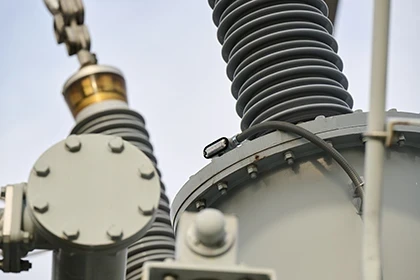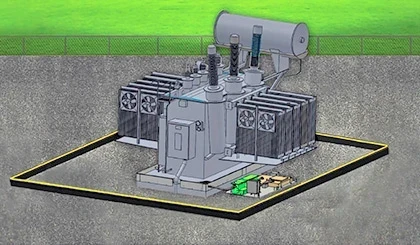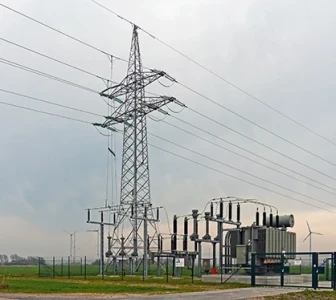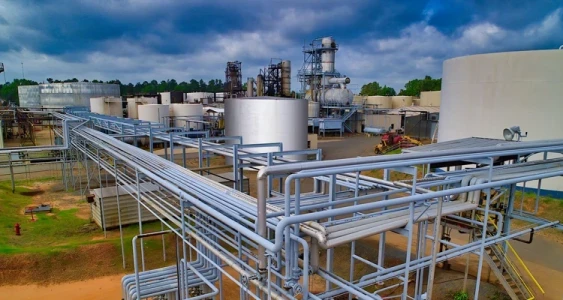Power Transformer Failures
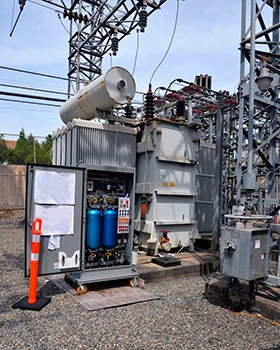
Electric utilities maximize utilization of their assets, while maintaining reliability. Power transformers are typically reliable, but have been known to fail suddenly and/or prematurely. Transformer failures are both costly and can leave customers dissatisfied, harming the reputation of a utility. Common events or conditions that can lead to a transformer failure include lightning or switching impulses, sustained overvoltage, short circuits on the electric system, overloading, overheating, dielectric breakdown of the insulating oil due to aging or impurities or mechanical defects. When these events occur, a field team can be called out to conduct an investigation into the transformer failure. The team would take pictures and investigate the scene for clues. From this information, they would commission a preliminary report and propose several initial hypotheses that could explain the failure. The goal of this investigation would be to answer the question of “what really happened”. Was the failure caused by a system issue, specification issue, manufacturing issue, design issue or maintenance issue?
Getting to “why”
It is important for a failure analysis team to be multidisciplinary – the transformer failure is typically the result of a combination of mechanical, electrical, chemical and/or material factors.
The most effective analysis team that a person could hope for would not only contain the necessary multidisciplinary expertise, but would also consist of members with an applied knowledge of transformer operation, design, and performance behavior. The team would also want to consider access to comprehensive testing capabilities.


